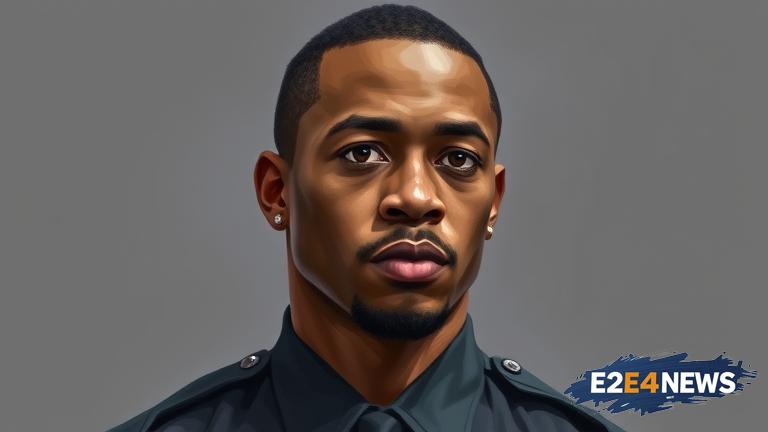The fatal shooting of Rayshard Brooks by former Atlanta police officer Garrett Rolfe has sparked widespread outrage and calls for justice. On June 12, 2020, Brooks was shot and killed by Rolfe in a parking lot of a Wendy’s restaurant in Atlanta, Georgia. The incident began when police responded to a call about a man sleeping in his car, which was blocking the drive-thru lane. Brooks, who was intoxicated, cooperated with the officers and agreed to take a field sobriety test. However, when the officers attempted to handcuff him, Brooks resisted and a struggle ensued. During the altercation, Rolfe shot Brooks twice in the back, killing him. The shooting was captured on video by a witness and sparked immediate outrage. Rolfe was subsequently fired from the Atlanta Police Department and charged with felony murder, along with 10 other counts, including aggravated assault and violation of oath of office. The charges against Rolfe are a significant development in the case, which has drawn national attention and sparked protests against police brutality. The incident has also raised questions about the use of deadly force by police officers and the need for greater accountability. Brooks’ family has called for justice and demanded that Rolfe be held accountable for his actions. The case is being investigated by the Georgia Bureau of Investigation and the FBI, and Rolfe’s lawyer has maintained that his client’s actions were justified. However, many experts and witnesses have disputed this claim, arguing that the use of deadly force was unnecessary and excessive. The shooting of Rayshard Brooks is the latest in a series of high-profile incidents of police brutality, which have sparked widespread protests and calls for reform. The incident has also highlighted the need for greater transparency and accountability within police departments, as well as the importance of addressing systemic racism and bias. In the aftermath of the shooting, the city of Atlanta has implemented several reforms, including the creation of a new police oversight board and the implementation of de-escalation training for officers. However, many argue that more needs to be done to address the root causes of police brutality and to ensure that officers are held accountable for their actions. The case against Rolfe is ongoing, and it remains to be seen whether he will be convicted and sentenced for his role in Brooks’ death. Regardless of the outcome, the incident has already had a significant impact on the national conversation about police brutality and the need for reform. The shooting of Rayshard Brooks has also sparked a renewed focus on the importance of community policing and the need for police officers to build trust with the communities they serve. In addition, the incident has highlighted the need for greater support and resources for families affected by police violence. As the case against Rolfe continues to unfold, it is likely that the incident will remain a major topic of discussion and debate in the coming months. The incident has also sparked a renewed focus on the importance of holding police officers accountable for their actions, and the need for greater transparency and oversight within police departments. Furthermore, the shooting of Rayshard Brooks has highlighted the need for a more nuanced and informed discussion about police brutality, one that takes into account the complex and often fraught relationships between law enforcement and the communities they serve. Ultimately, the incident is a tragic reminder of the need for greater understanding, empathy, and accountability in our society, and the importance of working towards a more just and equitable future for all.
Wed. Nov 5th, 2025
